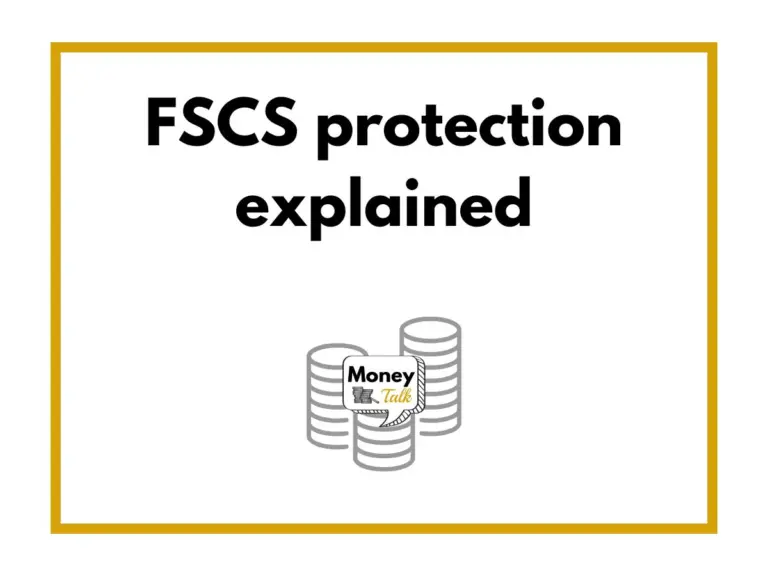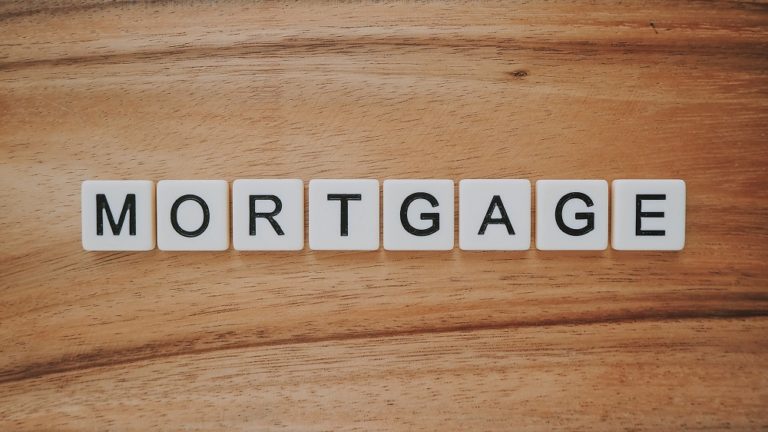Should you go for a short or long mortgage?
Money Talk is intended to inform and educate; it's not financial advice. Affiliate links, including from Amazon, are used to help fund the site. If you make a purchase via a link marked with an *, Money Talk might receive a commission at no cost to you. Find out more here.
There are thousands of mortgage products out there, which can be especially confusing if it’s your first time choosing a mortgage.
One of the questions you can ask to whittle down the list of potentials is whether you want a short or long mortgage.
There are pros and cons for both, and of course associated cost implications.
With that in mind, let’s start with definitions for short and long mortgages.
Read this: How to choose your mortgage
Two mortgage lengths to consider
There are two different lengths you need to think about when it comes to choosing your mortgage as both will affect affordability and how much you ultimately pay back.
The first length to think about is the mortgage term, or how long you’ll be paying back your mortgage.
This is what most people mean when they talk about short or long mortgages.
Typically for a first mortgage, one that’s less than 20 years is considered a short mortgage while one that’s 30 years or more would be considered a long mortgage.
However, if you have a fixed rate mortgage, you’ll also need to consider the length of your fix. This is sometimes confused with the length of your mortgage.
For fixed rate mortgages, you have an introductory period during which the interest rate is fixed.
This is typically one, two or three years for short fixes, and five or ten years for long fixes.
After this fixed period, a standard variable rate (SVR) kicks in.
Is a long or short mortgage term better?
Long mortgages have the benefit of being more affordable month on month but you may end up paying back more money overall.
Short mortgages, meanwhile, have a high monthly cost, but the overall amount you pay back could be lower.
In the past, the typical length of a mortgage in the UK was around 25 years, although this has gone up in the last few years.
It’s been a mixture of availability – more mortgage products lasting 30 or even 40 years are coming on the market – and affordability, as homes become too expensive to finance on a shorter mortgage.
To a certain extent, whether you can get a short or long mortgage is out of your hands.
Lenders are unlikely to offer a mortgage that runs into your retirement, which means if you get a mortgage later in life, you might be forced to choose a shorter term than you’d like.
And if you’re ambitiously going for a short term mortgage, your application might be rejected if the lender decides that you don’t meet the affordability criteria.
How to choose the best mortgage length
When it comes to mortgage length, you should start by working out what you can afford.
The government’s Money Helper website has a simple (adjustable) calculator that you can use to see how much you might expect to pay back each month depending on the amount you borrow, the mortgage term and the interest rate.
Then you just add up all your other regular expenses (bills, taxes, food etc) to see how much you’ll have left from your salary at the end of each month.
If you have more than 50% of your income left over, it’s a pretty good sign that you can afford to pay a bit more each month so a shorter term might work for you.
But for due diligence, you should also stress test your affordability.
What if the interest rate went up by 5% for example – can you still afford your mortgage then?
Once you’ve worked out what’s affordable, decide what works best for your circumstances.
If you have a steady job and/or are in a double-income household, choosing the shortest affordable mortgage term would make the most financial sense.
Although of course you might want to have more money left over because you want to go on lavish holidays or save up for an extension – or if kids or pets are on the horizon.
If you’re a single-income household or your income fluctuates (for example if you’re a self employed or seasonal worker), it might be more prudent to go for a longer mortgage term so you have more flexibility over what you do with that extra cash.
You can always make overpayments on your mortgage to reduce its length and therefore the overall amount of money you pay back.
Fixed rate mortgages vs variable rate mortgages
There are two main types of mortgages: variable rate and fixed rate mortgages.
Variable rate mortgages track the movement of the Bank of England Bank Rate, which can go up as well as down.
These were popular when interest rates were high, because there’s a chance that the rate could drop and you would be able to cash in on the savings.
When interest rates all but crashed to the floor in the early days of the pandemic, most of these were withdrawn.
Fixed rate mortgages, meanwhile, have an introductory period where the interest rate you pay is relatively low.
After the initial “fixed” period, the rate you pay rises to the lender’s SVR, which typically tracks a couple of percentage points above the Bank of England Bank Rate.
At this point, most people will remortgage to move onto a new fixed rate, which can be higher or lower depending on what’s available in the market at the time.
Note that for smaller sums, you might not be able to secure a new mortgage and may have to remain with your current lender.
How long should you fix your mortgage?
When you fix your mortgage, you’ll benefit from a period where you know exactly how much you’ll pay towards your mortgage each month.
The problem is how long to fix your mortgage for.
You have a choice of one, two, three, five and even 10 year fixes.
One, two and three year fixes typically have the lowest interest rates, which can work out cheaper overall.
They also give you more freedom if you think you might want to move home soon, or if interest rates are high and you think they’ll fall.
A five or 10 year fix will give you longer peace of mind, and more time to plan and prepare, but it might also end up costing you more because you’ll pay a higher rate for those benefits.
But if interest rates are low, it’s worth fixing for longer.
You’ll also need to factor in any extra fees associated with fixing your mortgage as these can make shorter fixes more costly if you have to keep changing providers.
Sadly there’s no obvious answer to how long you should fix your mortgage for.
You’ll have to crunch the numbers to see how much you would expect to pay overall in each case and balance it with what your plans might be further down the line.
My take on fixing mortgages
My personal preference is for a longer fix because most mortgages have a fee attached, which you have to pay on top of the sum you’re borrowing.
On a shorter fix, the amount of money you save in interest repayment might not outweigh the fee.
As a freelancer, I also like the stability that comes with knowing exactly how much I’ll pay off each month.
Over a longer period, I’ll have more time to build up savings for a buffer and repayment once my fixed period is up.
This post was originally published in June 2022. It was updated in January 2025.
Pin this for later








